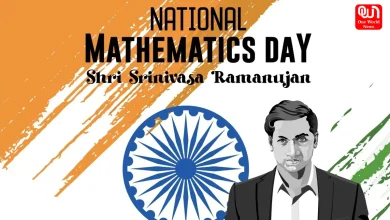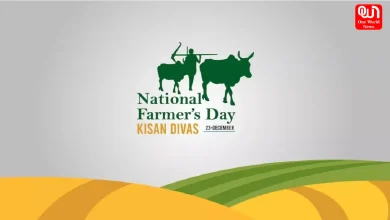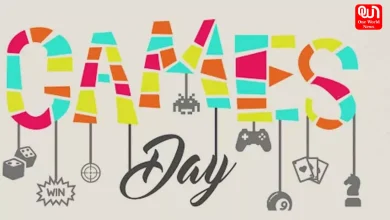For Gen Z, an Age-Old Question: Who Pays for Dates?
Do you pay for dates or does your partner? Do you split? Gen Z is bringing in new ways of looking at these financial decisions when on a date!
How Gen Z is changing the idea of dates?
You must have all faced this question or battled with it yourself, who pays for dates? As societal norms evolve and traditional gender roles undergo significant shifts, one age-old question persists: Who pays for dates in the era of Generation Z? In a landscape characterized by greater gender equality and financial independence, the dynamics of dating have become more nuanced than ever before. Let’s delve into this intriguing topic and explore the various perspectives shaping contemporary dating etiquette.
Changing Dynamics: Unlike previous generations where it was often assumed that men would foot the bill for dates, Gen Z embraces a more egalitarian approach to dating. With a focus on equality and mutual respect, many young adults view splitting the bill or taking turns paying as the norm rather than the exception. This shift reflects broader societal changes towards gender equality and financial independence among both men and women.
Read more: Research: Excess fluoride associated with cognitive impairment in children (oneworldnews.com)
Shared Responsibility: For many Gen Z individuals, the idea of one person exclusively bearing the financial burden of dating seems outdated and unfair. Instead, there is a growing preference for shared responsibility, where both parties contribute to the cost of dates based on their respective financial means. This approach fosters a sense of equality and partnership, reflecting the values of a generation committed to fairness and inclusivity.
Context Matters: While the trend towards shared expenses is gaining traction, individual preferences and cultural norms still play a significant role in determining who pays for dates. Factors such as upbringing, personal beliefs, and cultural background can influence one’s approach to dating etiquette. In some cases, traditional expectations may persist, while in others, a more modern and equitable mindset prevails.
Communication is Key: Clear and open communication is essential in navigating the question of who pays for dates. Before going on a date, it’s beneficial for both parties to discuss their expectations and preferences regarding expenses. This ensures that everyone is on the same page and avoids potential misunderstandings or discomfort during the date itself. Whether it’s splitting the bill, taking turns paying, or opting for a more creative approach, having a candid conversation can help establish mutual understanding and respect.
Flexibility and Creativity: In the spirit of innovation and adaptability, Gen Z embraces creative solutions to the question of dating expenses. From planning budget-friendly activities to exploring free or low-cost date ideas, many young adults prioritize experiences over extravagant spending. This approach not only alleviates financial pressure but also fosters meaningful connections based on shared interests and values.
Read more: Doomscrolling: What bad news does to us (oneworldnews.com)
Like this post?
Register at One World News to never miss out on videos, celeb interviews, and best reads.








